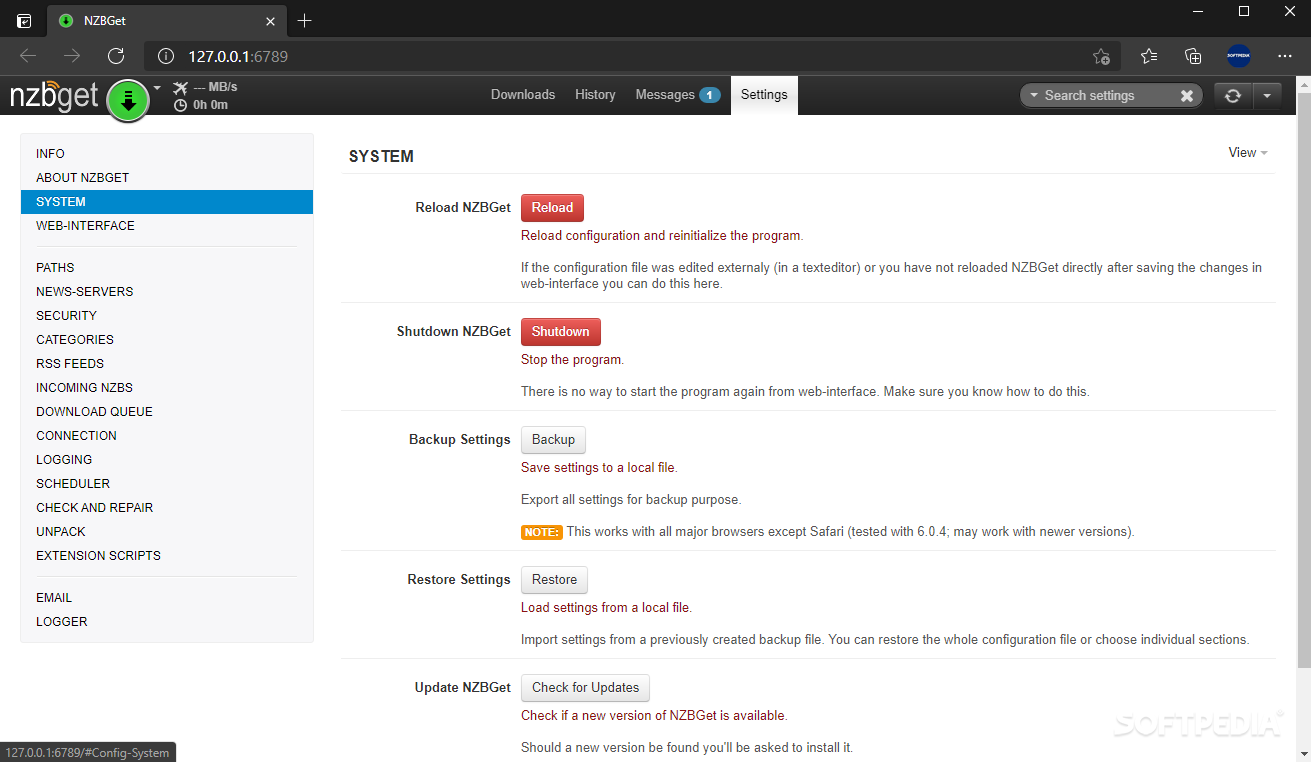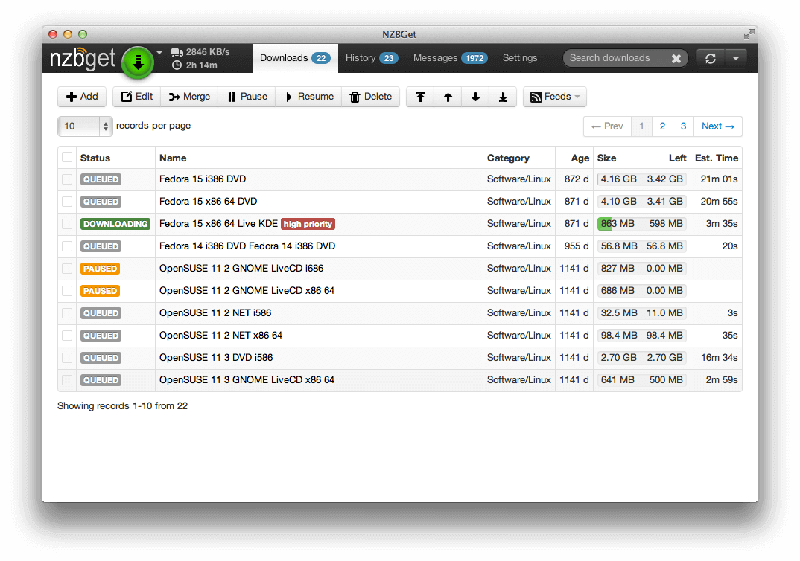

- ARTICLE DOWNLOAD FAILS NZBGET HOW TO
- ARTICLE DOWNLOAD FAILS NZBGET 720P
- ARTICLE DOWNLOAD FAILS NZBGET 1080P
The third rule # this is comment is just skipped.

Besides the require-rules often look more natural and are easier to read. If the search string consist of more than one term the negating can be difficult. Require-rules can be usually rewritten as Reject-rules by negating the search term: If the rule doesn’t match the item is rejected (this is final) and no other rules checked for the item. If the rule matches the item is considered good and other rules are checked then.
ARTICLE DOWNLOAD FAILS NZBGET 720P

If the filter string matches we will say the rule has matched. First NZBGet checks filter string against item. Filter strings were described before in this document. Other rules have filter string and may have additional parameters. Comment-rules start with character ‘#’ and do not have any effect. There are five kinds of rules:įor each item (nzb-file) in the RSS feed NZBGet goes through filter rules line by line. Each line is a rule and is processed separately. RSS filter in NZBGet can have multiple lines. If you have an RSS feed delivering much more items than you need you may require complex filters. Substring-search because of stars at the beginning and the end Substring-search because of point-character, which is a word-separator
ARTICLE DOWNLOAD FAILS NZBGET 1080P
In the next example titles having either 720p or 1080p (or both) are matching: For this purposes there is an OR-operator. Sometimes you may need to match any of the terms instead of all. Multiple terms separated with spaces all must match for the whole search string to match. Fields not present in the feed should not be searched. The availability of other fields depend on rss feed provider. NOTE: Only fields title, filename and age are always present. A floating point value is used as rating between 0.0 and 10.0. Integer parameter is interpreted as value of rating between 0 and 100.

ARTICLE DOWNLOAD FAILS NZBGET HOW TO
If not specified the default field “title” is used.Ī special character (or two) defining how to interpret the parameter (followed after the command). If the term succeed the feed item is ignored.įield to which apply the rule. Terms are positive by default, the “+” can be omitted.ĭeclares a negative term.


 0 kommentar(er)
0 kommentar(er)
